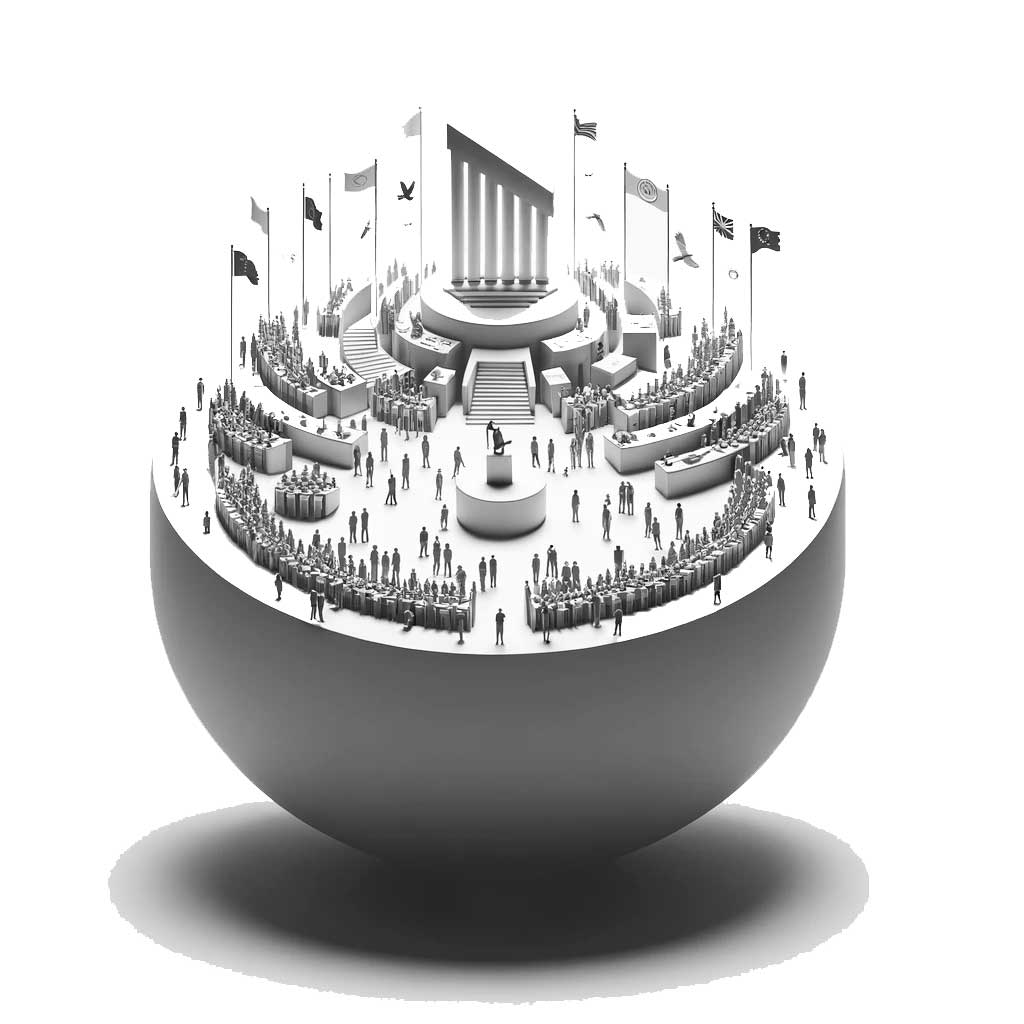
NGO “Dor Moria” together with the sociological center “Geocartography” conducted a mass survey. The Israelis opinion on the topic “The influence of world leaders and the future of Israel and the Middle East” was studied.
The selection of the list of world leaders was carried out through content analysis and expert interviewing
Method: The research was conducted through an online survey among 1005 respondents aged 18 and older, forming a national and representative sample of the adult population of the State of Israel (both Jewish and Arab sectors were included as part of this overall population).
The survey was conducted during the fourth week of December 2023.
The maximum range of statistical error under the conditions of this sample is +3.09% with a 95% level of statistical significance.
| Who among the following leaders has the greatest influence on the agenda in the Middle East? | Which of the following leaders’ policies contribute to peace in the Middle East? | Which of the following leaders is interested in the continuation of the war between Israel and Hamas? | |
| Joe Biden | 58,9% | 42,7% | 17,7% |
| Benjamin Netanyahu | 34,5% | 25,3% | 45,3% |
| Vladimir Putin | 31,3% | 3,5% | 30,2% |
| Muhammad bin Salman Al Saud | 16,0% | 12,6% | 13,9% |
| Ibrahim Raisi | 10,4% | 1,4% | 14,8% |
| Donald Trump | 9,9% | 20,4% | 16,9% |
| Recep Erdogan | 7,6% | 9,7% | 19,9% |
| Emmanuel Macron | 3,6% | 3,9% | 3,0% |
| I don’t know. | 19,4% | 33,5% | 19,7% |
| Total answers* | 191,6% | 152,9% | 181,5% |
Brief conclusions
1. According to the survey results among Israelis, the top three leaders in terms of influencing Middle East policy are Joe Biden, Benjamin Netanyahu, and Vladimir Putin.
However, the unequivocal leader in all researched aspects of foreign policy activity in the Middle East is Joe Biden. He leads both in the ranking of the most influential politicians in the Middle East and those most contributing to peace in the region. Among those interested in the war between Israel and the terrorist organization Hamas, he ranks 4th behind Netanyahu, Erdogan and Putin.
Approximately 60% of Israelis identified him as one of the top three leaders who most define the policy in the Middle East, while Netanyahu and Putin were chosen almost twice as less, averaging 32% of respondents.
The influence of other leaders, such as Donald Trump, Recep Erdogan, Emmanuel Macron, is considered by the Israeli population as having little to no impact on the political agenda in the Middle East.
2. The question regarding which leader’s policies contribute to peace in the Middle East posed the most difficulty for respondents. One-third of those surveyed (33.5%) were unable to answer this question, while other questions received responses from approximately 20% of respondents. This can be interpreted as a weak representation of the peacekeeping position in the modern Middle Eastern political discourse.
